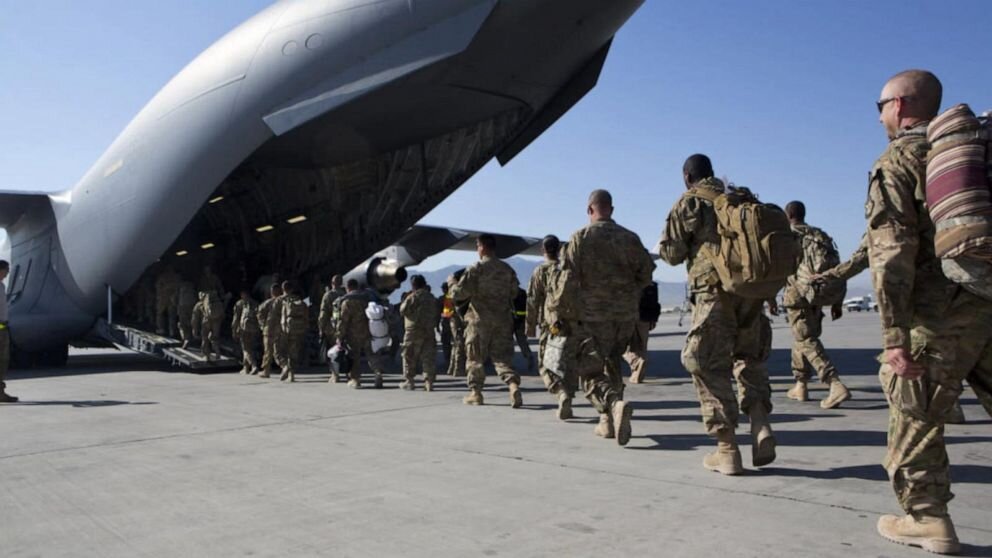
TEHRAN – An American watchdog on Friday accused the State Department and Pentagon of suppressing information that lawmakers and the public need to understand the collapse of Afghanistan's former government and military and the chaotic U.S. troop pullout.
"The full picture of what happened in August - and all the warning signs that could have predicted the outcome - will only be revealed if the information that the departments of Defense and State have already restricted from public release is made available," John Sopko, the special inspector general for Afghanistan reconstruction (SIGAR), said in a statement on Friday.
Speaking at the Military Reporters & Editors Association Annual Conference in Arlington, Virginia, on Friday, Sopko called on the two departments to release all the relevant information.
He said the restriction of information by the Defense Department, which he said dated back to 2015 would have helped Congress and the public assess "whether we should have ended our efforts" in Afghanistan.
The Defense Department restricted the public release of information about "the performance of the Afghan security forces," which included "casualty data, unit strength, training and operation deficiencies, tactical and operational readiness of Afghan military leadership, comprehensive assessments of Afghan security force leadership and operational readiness rates," Sopko said.
A State Department spokesperson admitted the department had requested "some reports be temporarily removed to redact identifying information from public records and protect the identities of Afghans and Afghan partner organizations" due to security concerns about the evacuation effort.
The full picture will be revealed if the concealed information is made available."The identifying information are the only details intended to be shielded," the spokesperson said, adding that SIGAR has the authority to restore the reports.
The Pentagon declined to comment on the damning findings of the report.
Sopko told reporters that after the Taliban captured Kabul, the State Department requested him to temporarily suspend online access to certain reports he issued to ensure the safety of Afghans who worked for the United States.
The department "was never able to describe any specific threats to individuals that were supposedly contained in our reports," said Sopko, who added he "reluctantly" barred access to the documents.
The US invaded Afghanistan in October 2001 following the September 11, 2001 attacks on the United States. American forces occupied the country for about two decades on the pretext of fighting against the Taliban. But as the US forces left Afghanistan, the Taliban stormed into Kabul, weakened by continued foreign occupation.
Following the 9/11 attacks, the United States invaded and occupied Afghanistan, despite the fact that no Afghan was involved in the attacks. Hundreds of thousands of Afghans died in the US war on the country.
In his first congressional testimony before the Senate Armed Services Committee members on September 28, Mark Milley, chairman of the Joint Chiefs of Staff, called the war in Afghanistan a “strategic failure”. He added, “There’s no way else to describe that.”
Last week, former US special representative for Afghanistan Zalmay Khalilzad said the US military was “losing ground each year” to the Taliban.
Khalilzad said that “militarily things were not going” well for the United States which forced Washington to leave the country.
“I think with regard to terrorism, we largely have achieved that objective. On the issue of building a democratic Afghanistan - I think that - that did not succeed. The struggle goes on,” he added.
He pointed out that in order to reverse the progress that the Taliban were making in Afghanistan, it was “going to require a lot more effort.”

No comments:
Post a Comment